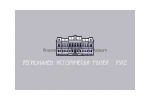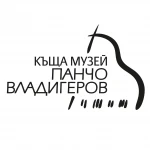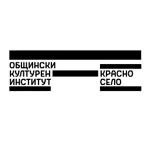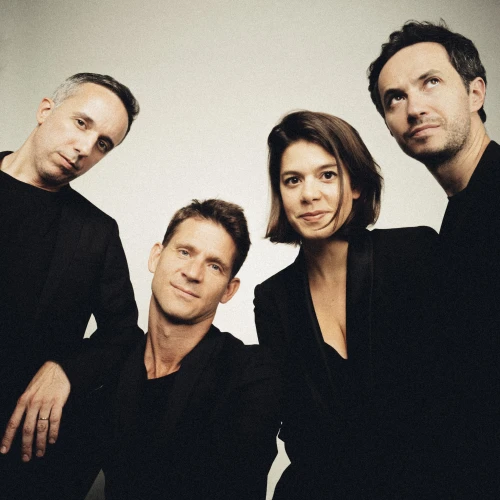 2
2 Ébène String Quartet
06.03.2023
One of the members of the Ébène Quartet says in an interview for NZZ in spring 2020: “We need the inspiration of the audience.” This is one of the central ideas of their project Beethoven Around the World. Between May 2019 and January 2020, the quartet recorded Beethoven’s 16 string quartets as part of a worldwide project spanning six continents. With this complete recording, the four musicians celebrate their 20 years of stage activity, culminating in performances of the full cycle of Beethoven’s string quartets in major European halls such as the Philharmonie in Paris, Alte Oper in Frankfurt, Carnegie Hall in New York, the Verbier Festival, and the Konzerthaus in Vienna.
The quartet embarked on their path to fame after studying with the Isai Quartet in Paris and collaborating with artists like Gabor Takács, E. Felz, and György Kurtág. Their exceptional success at the ARD competition in 2004 marked the beginning of their rise to fame. In 2005, the quartet also won the Belmont Prize from the Forberg-Schneider Foundation, and in 2007 received the Borletti-Buitoni Trust award. In 2019, as the first ensemble in history, they were awarded the Frankfurt Music Prize.
In addition to the traditional repertoire, the quartet ventures into other styles (“A string quartet that could easily become a jazz band” – New York Times, 2009). What started in 1999 as a break in university rooms — improvisations on jazz standards and pop songs — became a trademark of the Quatuor Ébène. So far, the quartet has released three albums in these genres — Fiction (2010), Brazil (2014), and Eternal Stories (2017). Their free approach to various styles fosters creativity beneficial to all aspects of their artistic work. The complexity of their music is enthusiastically received by audiences and critics alike.
Ébène’s albums featuring works by Bartók, Beethoven, Debussy, Haydn, Fauré, and the Mendelssohn siblings have received numerous awards, including Gramophone, BBC Music Magazine, and the Midem Classic Award. In 2015 and 2016, the musicians dedicated themselves to the theme Betrayed. They participated in the album Green (Mélodies françaises) by Philippe Jaroussky and released a Schubert album with Matthias Goerne (arrangements for string quartet, baritone, and double bass by Raphael Merlin) as well as Schubert’s String Quintet with Gautier Capuçon. Alongside Antoine Tamestit, the quartet recorded Mozart’s string quintets KV 515 and KV 516, released in autumn 2022.
With their charismatic playing, fresh approach to tradition, and open commitment to new forms, the musicians manage to reach a wide audience of young listeners and dedicate their talent to regular masterclasses at the Paris Conservatory. In January 2021, the quartet received a commission from the University of Music and Performing Arts Munich to create a string quartet class as part of the newly founded Quatuor Ébène Academy.
Starting with the 2022/23 season, Quatuor Ébène joined three residency programs simultaneously. The ensemble became the resident quartet of the French National Radio, with three concerts each season for the next three years, showcasing the wide range of their mastery. Together with their colleagues and friends from the Belcea Quartet, they will present a joint cycle at the Vienna Konzerthaus during the current season. Since autumn 2022, they have also been the resident quartet of the Beethoven Festival in Bonn with four concerts. Additionally, they continue their three-part concert cycle in Munich for the Hörtnagel Concert Management.
Other highlights of the season include concerts in Tonhalle (Zurich), the Elbphilharmonie hall in Hamburg, the Berlin and Luxembourg Philharmonics, Wigmore Hall in London, as well as participation in the String Quartet Biennale in Barcelona.
Pierre Colombet plays two violins: an Antonio Stradivari from 1717, “Piatti,” kindly provided by a generous sponsor through the International Violin Society Beares, and a Matteo Goffriller violin from 1736, generously lent by Gabriele Forberg-Schneider, as well as a Charles Tourte bow (Paris, 19th century), also provided by Gabriele Forberg-Schneider.
Gabriel Le Magadure plays two violins: a Guarnerius Del Gesù violin, provided by the International Violin Society Beares, and a circa 1740 violin with a Guarneri label, on loan from Gabriele Forberg-Schneider. He plays a bow by Dominique Peccatte (circa 1845), also loaned by Gabriele Forberg-Schneider.
Marie Chilemme plays two violas: a Stradivari from 1734, “Gibson,” generously loaned by the Stradivari Foundation Habisreutinger, and a viola by Marcel Holmeir, Füssen (1625), provided by Gabriele Forberg-Schneider.
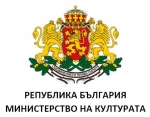
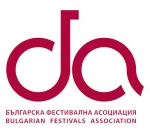
_1626957078-thumb.webp)
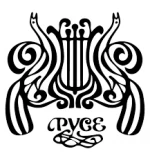


_1626958604-thumb.webp)



